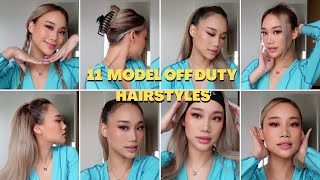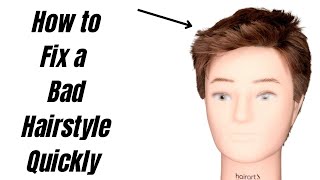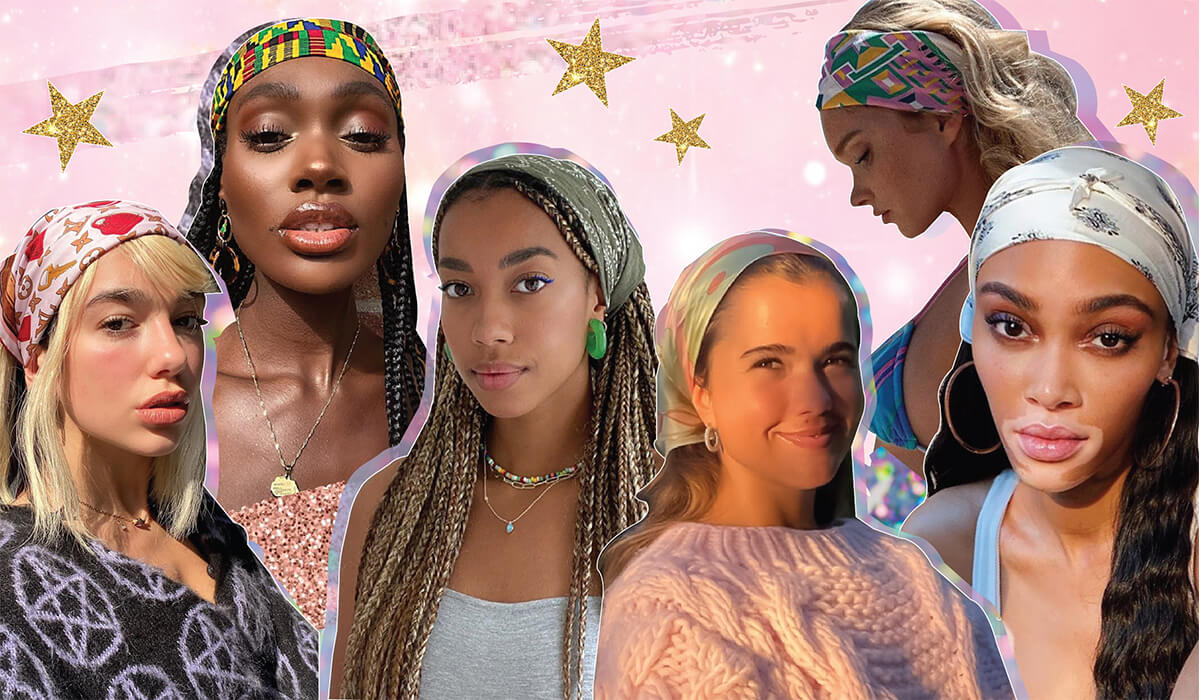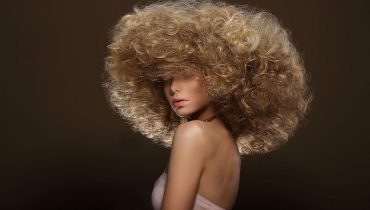Is Humectant Bad for Hair? Things You Must Know
Moisture is important for your hair. Since hair grows from your scalp, which is your built-in hair moisturizer, your hair’s driest part is your ends, which needs extra hydration.
If your hair is not properly moisturized, it can become dry, dull, brittle, leading to split ends and breakage. Many professional hairstylists recommend purchasing products with a humectant.
What Is A Humectant?
A humectant is a moisturizing agent found in various hair products, such as shampoos, conditioners, pomades, and gels. It balances the moisture in your hair and prevents your hair from losing moisture.
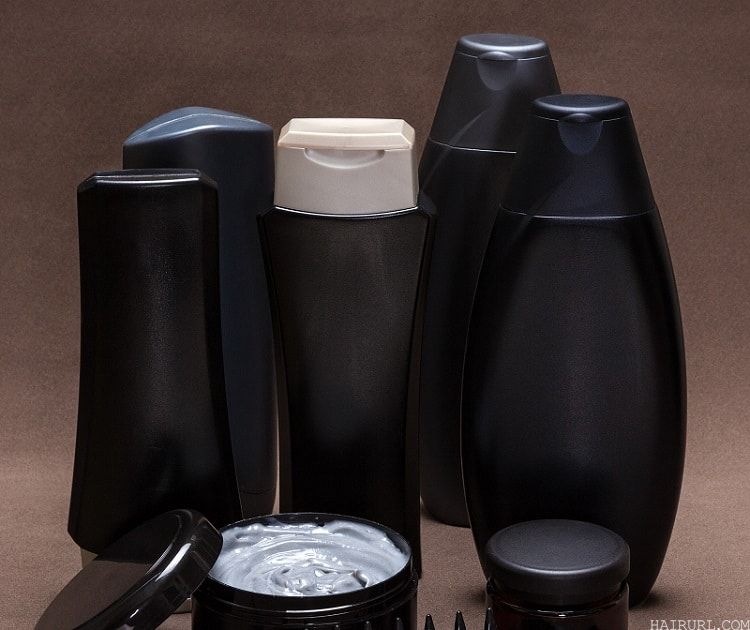
While humectants are created to hydrate your hair, there are occasions where many people have used a hair product that contains a humectant but end up having a bad hair day. Do these incidents mean that humectants are bad for your hair?
The answer to this question depends on certain factors such as the type of humectant for hair and the weather. In this article, we will give you a detailed explanation of humectants.
The Science Behind Humectants
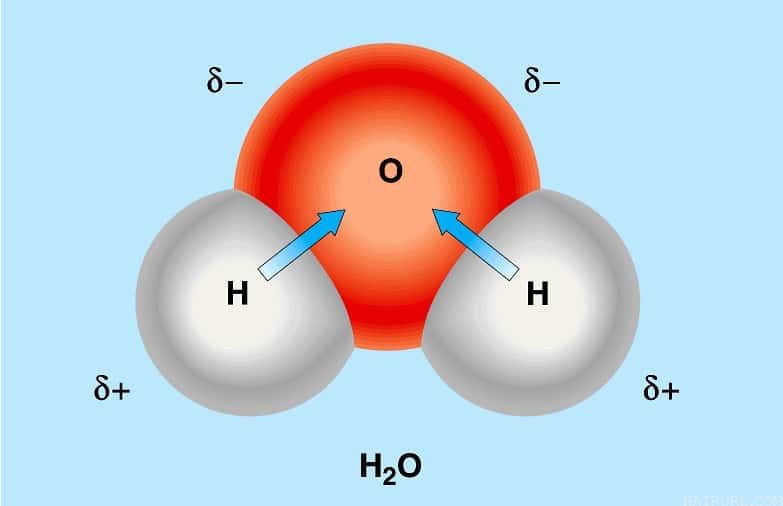
When we think about moisture, we mainly think of water. Water is a molecule that is made out of two hydrogen atoms and one oxygen atom. Because oxygen is electromagnetic, it makes water polar, which means that positive and negative electric charges are distributed unevenly.
The oxygen is attracted to the hydrogen atoms in other water molecules, and they join together to create a hydrogen bond.
Molecules in a humectant are attracted to hydrogen atoms. When you apply a humectant to your hair, it attracts water from the surrounding environment and carries it to your hair.
Hydrogen bonding in humectants causes adsorption. Adsorption is when the water molecules adhere to the surface of the hair. Some of the water can penetrate through the hair shaft.
Types of Humectants
There is more than one type of humectant for hair. Some humectants are natural, while others are synthetic. All hair is not the same, which means that different humectants react differently to different hair types and textures.
To help you find out what humectant works for your hair, here is a small list of commonly used humectants in hair products:
- Glycerin – a trihydric alcohol that is a common ingredient in conditioners
- Honey – a recommended humectant for damaged hair that prevents split ends when used regularly
- Fructose – a fruit sugar that strengthens and protects hair from damage; hair can become dull if used too much
- Panthenol (pro-vitamin B5) – smooths hair and provides moisture and shine
Oh, The Humidity!

A primary factor determining if a humectant is bad for your hair is the surrounding environment’s humidity. Humidity is the amount of moisture in the air. High moisture equals high humidity, and low moisture equals low humidity.
The humidity of an environment is determined by measuring the dew point. The dew point is the atmospheric temperature in which the air must be cooled for water droplets to saturate and form dew.
During the winter season, the dew point is usually below 40 degrees with low humidity. Using a humectant under these conditions will repel water from the hair shaft, putting your hair at risk of dryness, fly-aways, and breakage. Instead of humectants, use leave-in conditioners, lightweight hair products, and oils and butter.
A humectant does the opposite to your hair when the dew point goes beyond 60 degrees and the humidity rises. Because there is a lot of moisture in the air, the humectant can draw too much moisture, causing your hair to expand.
As a result, you end up with puffy and frizzy hair. If your hair is naturally curly, using a humectant in humid weather can cause your curls to lose their shape. Use hard holding products such as gel along with moisturizing oils or butters.
The ideal dew point for using humectants for hair ranges from 40 degrees to 60 degrees. Your hair will retain its moisture, become bouncy, and keep its curl pattern. Just make sure that you add oils and butter to your hair.
Takeaway
Is humectant for hair a good thing? Whether humectants are good or bad for your hair is based on how and when they’re used. We hope that this information will help you apply humectants the right way.

